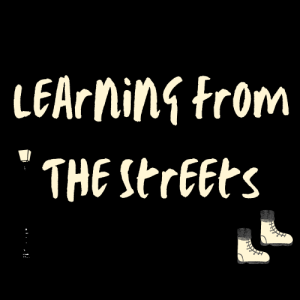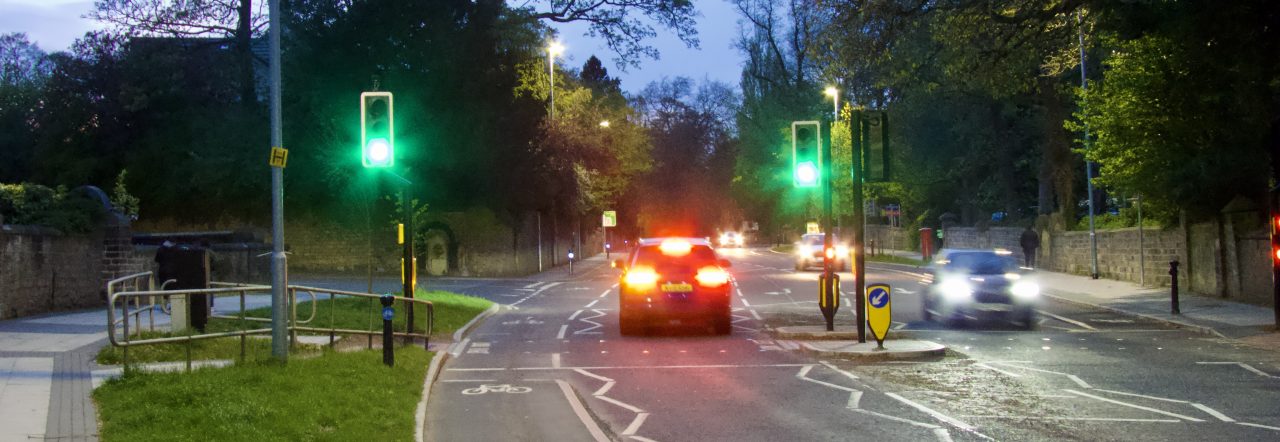“Father forgive them, for they know not what they do” Said the dying Jesus on the cross according to Matthews Gospel. But to whom?
The guards as they divided his clothes? The Disciples for whom 11 had fled, especially Peter? The Romans? The Jews? The other bystanders?
At the point at which someone could be blamed for their behaviour, convicted of their disobedience or ignorance, Jesus gives them all a new victim status. They do not know what they are doing. They are still victims, still not in recipient of judgement. They stand at the foot of the cross, absolved and ultimately liberated by a Jesus who acknowledges that the powers of the society, the politics, the conditioning have on they way they are acting. He echoes on the Cross his own pledge of John 3:17 – ” I have not come to judge the world..”
Whatever happened to liberation Theology (that takes seriously these powers) in Youth Ministry? I ask this because its difficult to find in writings, in articles, in practice- the focus has been and continues to feel to be, certainly in England, to serve what appears to be a keeping and attracting young people to the activities of the church. With anecdotes of ‘starfish’ (changing one life at a time- regardless of trying to build a bloody dam to save more than one), rather that social, ethical or community transformation.
step back a bit first; If there is a Theology that shapes your youth ministry- what is it? where does it come from?
and how does it affect your practice?
Where might your theology influence;
a) the way in which young people you work with explore the Bible and the church community
b) the way in which you encourage the church to view its community context
c) the community of the young people, their families
And if its liberation theology – what different might that make?
by way of a little brief explanation;
“Liberation Theology presupposes an energetic protest at such a situation, such as:
a) on the social level collective oppression, exclusion and marginalisation
b) on the individual level; injustice and basic human rights
c) on the religious level; social sinfulness, “contrary to the plan of the creator, and to the honour due to him” (Taken from Boff 2000 p3)
When we think about young people, not just young people outside the church, who face injustices in their community such as poverty and exclusion, but what about the of young people in the community of the church- are they not the oppressed generation. Especially if as is more often the case, its the church that abandons them, not the other way around (see this article by Naomi Stanton) – so might understanding, and thinking about Liberation Theology be a good starting point for the way in which young people interact with their local faith community?
How might a pledge to do liberative practice with young people affect their faith? Their participation and discipleship?
Is it the case that we invest in the activities and programmes, and not realise the theology, the dare I say it ‘version’ of Christianity being offered through them.
So if liberation theology hasnt taken root in England within Youth Ministry – is it because its the forgotten addendum to the theology of the church which is the dog to youth ministry’s tail? Forgotten by vicars and ministers in training – when numbers and growth of churches, even twitter followers and empires become more important?
Yet is it the inconvenient truth? , as “once we recognise the identification of Jesus with the poor, we cannot any longer consider our own relation to the poor (and marginalised etc) as a social ethics question; it is a gospel question; the problem of my own bread is a material issue; the problem of my neighbours bread is a spiritual issue” (Bosch 2011:447)
Bosch goes on to say, that a Liberation Theology is counter hegemonic, the threats to humanity are not nature (ie Daily express headlines) but the structures of Human powers which exploits and destroys the powerless. (p443)
What effect would developing liberation theology in the life of the church, in youth ministry have? not just social action, linked to social justice as an arm of action for the evangelical – but a church that takes seriously its own power, that might be damaging, its own effect on young peoples participation in community, in faith. In realising that interpretation, and thus faith occurs in social, economic and cultural contexts that are powerful, these must be questionned and critiqued.
Our role as youthworkers and ministers then is to show hospitality to the other, the young person (Nouwen) and that as we “form allegiances with outsiders, foreigners, enemies and so forth, in the conviction that God’s redeeming work always discloses itself along these frontiers” (Koenig)
How are we liberating young people in youth ministry? – not just from ‘personal sin’ – but liberating them to flourish in full participation in the community of the church, in community, and in what ways are we acting to challenge the powers that inhibit – be they powers of apathy, materialism, control, ageism, sexism, LGBT, racism, wealth… – where is the revolution?
Does the hand that feed us, the our monthly pay packet, or our own self preservation stop us from standing up for young people? or is it something else..? we’re too nice within the walls of church structures maybe..? “if we enter the confusing area of corporate ethics, we must be ready, to step forward along some controversial paths”- writes David Shepherd in ‘Bias to the Poor’ in 1980
Has the threat to the (youth + church) services that were seeking to provide, enact and transform society caused them to become more concerned about sustainability and not transformation – and who or what is it that is transforming society now- or seeking to do so, the peacemakers, community activists and the volunteers whove driven lorries to Calais.
If there has been a vast pouring out of emotion + action = compassion for Refugees, and massive collective desire in collectivism and grass roots mobilisation for Jeremy Corbyn – What about a grass roots movement of change to affect the lives of young people in the North East? What might that look like? how would it start? Would the church be on the forefront denouncing the structures that bind, hinder and inhibit life, or hovering at the back waiting with the tea and buscuits hoping people might come in to the building some day.
Might liberation theology be the inconvenient truth, to awkward and uncomfortable to believe, to live and to act out with young people, yet it might be what young people might be crying out for us to do with them, listen, live and challenge the barriers that hold them back. It might also give youth ministry and youth ministers an edge.
Freedom they cried, in the peoples theatre; “the spectator no longer delegated power to the characters (in the play) either to think or act in his/her place. The spectator frees himself; he thinks and acts for himself; Theatre is action! Perhaps the theatre is not revolutionary in itself – have no doubts – it is the rehearsal of revolution!” (Boal 2000)
Its slightly ironic that Liberation Theology might be the inconvenient truth for Youth Ministry, yet in trying to think theologically about Youth work; based upon educational empowerment and flourishing – Liberation is key, and it stems from the thinking and values of Boal & more particularly Friere. Liberation theology could be more pertinent in thinking of how youth work is a useful method, practice and philosophy for the church, but that depends on the ecclesiology & missiology of the church itself. Lots of liberation needed.

